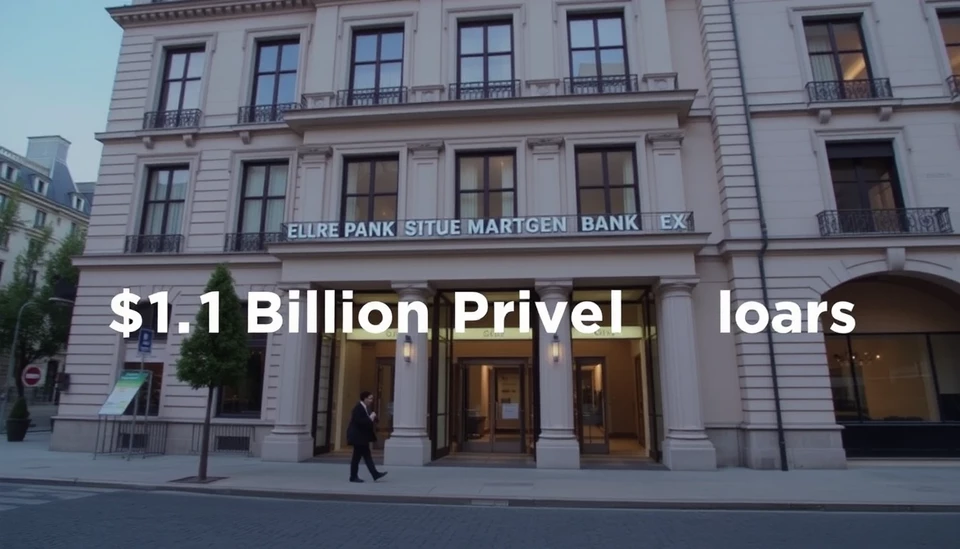
In a significant move to mitigate financial risks associated with its lending activities, the European Bank for Reconstruction and Development (EBRD) has announced plans to transfer risk tied to a substantial $1 billion portfolio of private sector loans. This decision comes in response to increasing challenges posed by economic instability and market fluctuations, reflecting the EBRD's proactive approach to managing its financial health while continuing to support private sector development across the region.
The EBRD, established to promote market-driven economies in its 38 member countries, has implemented a strategy aimed at enhancing its risk management framework. By transferring risks associated with these loans, the bank not only aims to safeguard its balance sheet but also to maintain its ability to fund new projects that can bolster economic growth in the countries it serves.
This risk transfer is expected to involve various financial instruments, potentially including credit derivatives and insurance solutions, which will impart a degree of security concerning default events among borrowers. The EBRD’s initiative is particularly crucial considering the unpredictable nature of global financial markets, which have been further complicated by recent geopolitical tensions and the lingering effects of the global pandemic.
Moreover, the institutional shift highlights the EBRD's commitment to enhancing its capital management strategies. By offloading some of the financial risks, the bank can channel more resources towards investments that generate value and stimulate growth in key sectors, including infrastructure, renewable energy, and small and medium enterprises (SMEs). This is crucial for fostering sustainable development within the EBRD's territories of operation.
The recent restructuring aligns with broader financial trends where institutions are increasingly cautious about their exposure to risk. This is particularly relevant as economic indicators suggest potential downturns, prompting financial entities to seek stability and resilience in their operations. For the EBRD, this is not just a tactical maneuver but a strategic repositioning to ensure long-term sustainability and impact.
In conclusion, the EBRD's proactive stance in transferring risk associated with its private sector loans exemplifies a forward-thinking approach in an ever-evolving economic environment. As the bank aligns its strategies with market realities, stakeholders can expect enhanced efforts to facilitate growth and development across the region, despite the challenges that lie ahead.
#EBRD #Risk #Transfer #Private #Sector #Loans #Economic #Stability #Sustainable #Development #Risk #Management
Author: Megan Clarke

